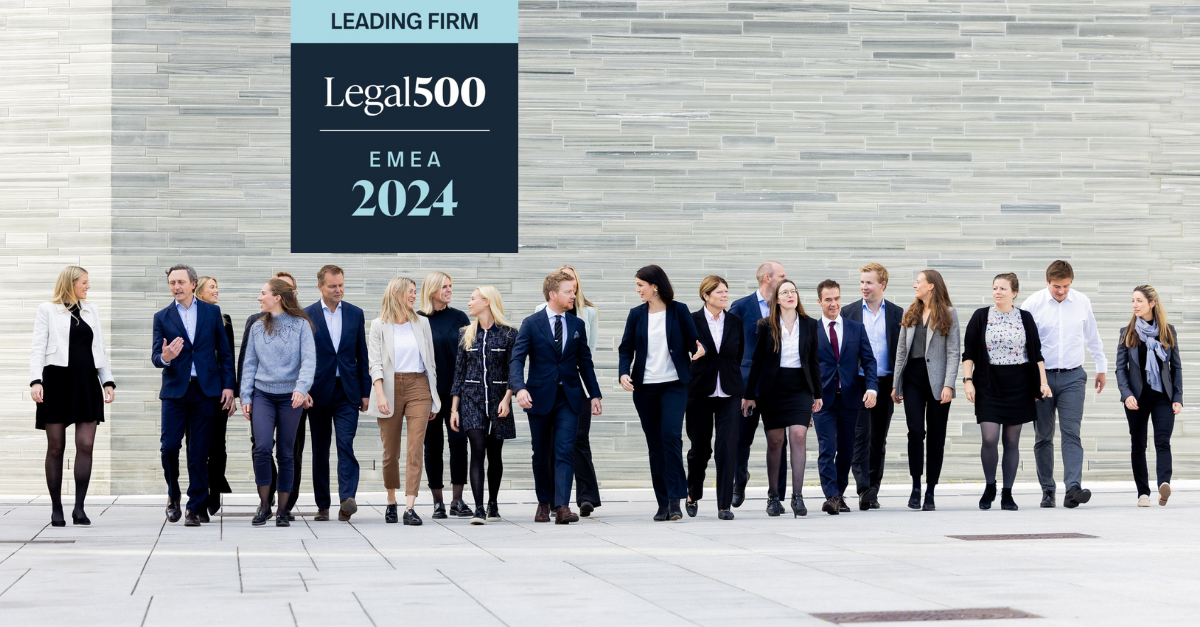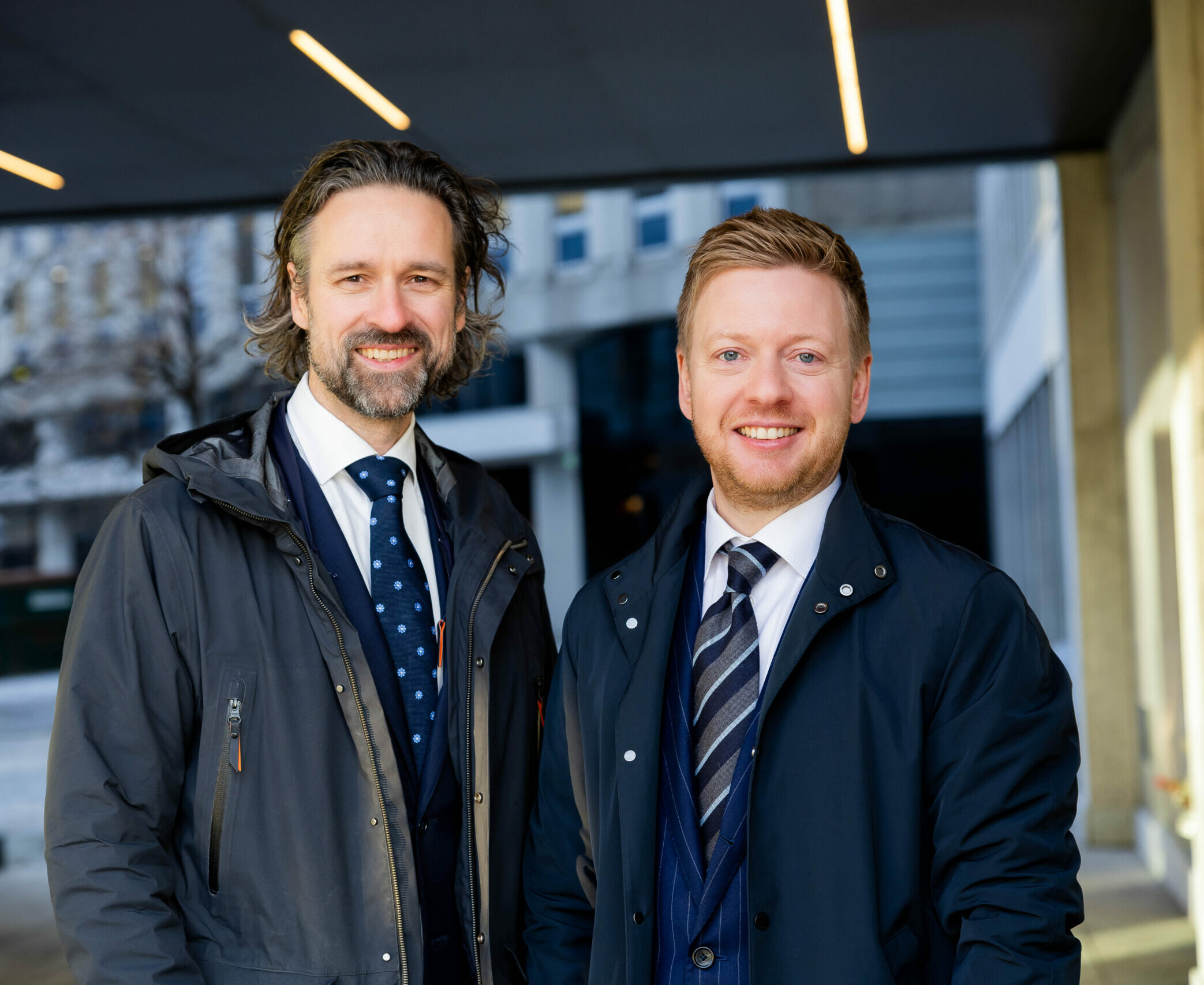
Oslo District Court overturns KFIR’s decision in ELTORQUE case
The Oslo District Court has issued a decision on Eltorque’s applications for the word mark ELTORQUE and a combined mark including the same term and a relatively simple square-shaped logo. The court, like the previous instances, found that ELTORQUE did not meet the conditions for registration for the entire list of goods and services applied for. However, it determined that the marks were sufficiently distinctive for a few more goods and services than those accepted by the Board of Appeal for Industrial Property Rights (KFIR), thus formally overturning the KFIR’s decision.
In 2020 Eltorque applied for registration of the word mark and combined mark ELTORQUE in Norway, covering various vehicle sand related parts in Class 7, scientific apparatus and instruments in Class 9, the sale and installation of said goods in Classes 35 and 37, and scientific and technological services in Class 42. Both the Norwegian Industrial Property Office and the KFIR rejected the applications on the ground that the marks were devoid of any distinctive character and were descriptive for some of the goods and services applied for.
Eltorque challenged both decisions before the Oslo District Court, which consolidated the cases and delivered a unified judgment on 7 June 2023.
Decision
The primary question before the court was whether the marks at issue had sufficient distinctiveness and were not descriptive for all the goods and services applied for.
The court initially noted that the average consumer would likely interpret ELTORQUE as a combination of ‘el’ (suggesting electrical power) and ‘torque’ (referring to rotational force). While ‘torque’ was a technical, specialised term, the court believed that it would be understood by consumers in the relevant market. Therefore, the court considered that the average consumer would perceive ELTORQUE as signifying ‘electrical torque’ or something powered by electricity that rotates.
The court thus found that ELTORQUE was directly descriptive of some of the goods and services covered. It pointed out that ELTORQUE was descriptive for goods related to engines in Class 7 and for valves and actuators in Class 9 because of their connection to the concept of ‘torque’. However, the court disagreed with some of the KFIR’s assessment, stating that ELTORQUE
was not descriptive for hydraulic and pneumatic actuators as they are not electrically powered. The same conclusion applied to linear actuators, which do not involve rotational movement. This meant that the KFIR’s decision was invalid and had to be overturned.
Eltorque also submitted evidence, including written customer declarations, to prove that the marks had acquired distinctiveness through use. The court dismissed this claim, partly on the ground that the affidavits were apparently authored by Eltorque’s lawyer; however, it upheld the claim for some goods in Class 7 and 9 based on Eltorque’s long-term, consistent and uniform use.
Eltorque further argued that prior registrations for ELTORQUE as a combined mark in Norway and several other countries should be considered. The court, however, determined that prior registrations alone could not establish that the mark was distinctive. It emphasised that, while the national trademark legislation is largely harmonised with EU law through the EEA Agreement, the focus should be on harmonising rules rather than individual case outcomes. In other word, prior registrations and references to EU legal sources were not sufficient to establish that ELTORQUE was distinctive in this specific case.
Nonetheless, the court allowed ELTORQUE to be registered for additional goods and services, thus overturning the KFIR’s decision.
The judgment of the Oslo District Court was appealed. However, as the statement of appeal was not submitted within the relevant deadline, the appeal was dismissed.
Summary
- Eltorque applied to register the word mark and combined mark ELTORQUE for goods and services in Classes 7, 9, 35, 37 and 42
- Both the NIPO and the KFIR found that the marks were devoid of any distinctive character and were descriptive for some of the goods and services applied for
- The court upheld the KFIR’s refusal for most of the goods and services but allowed registration of the marks for others




